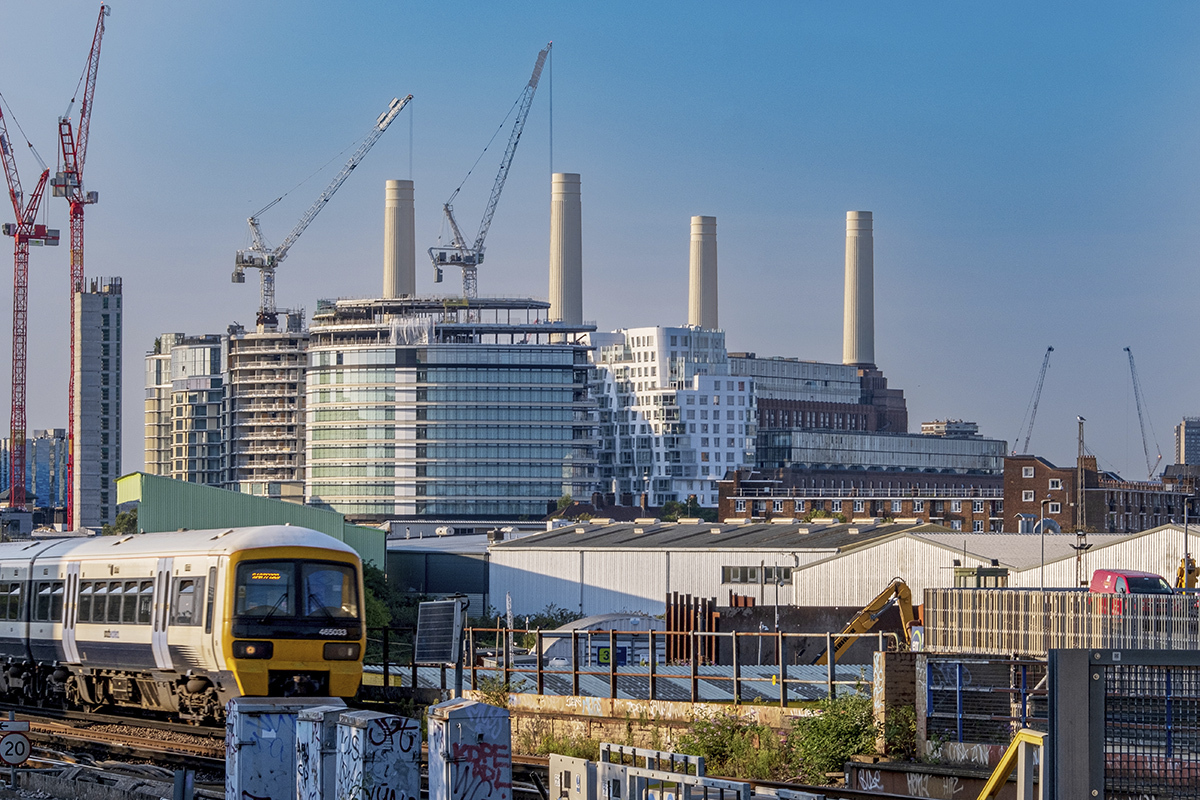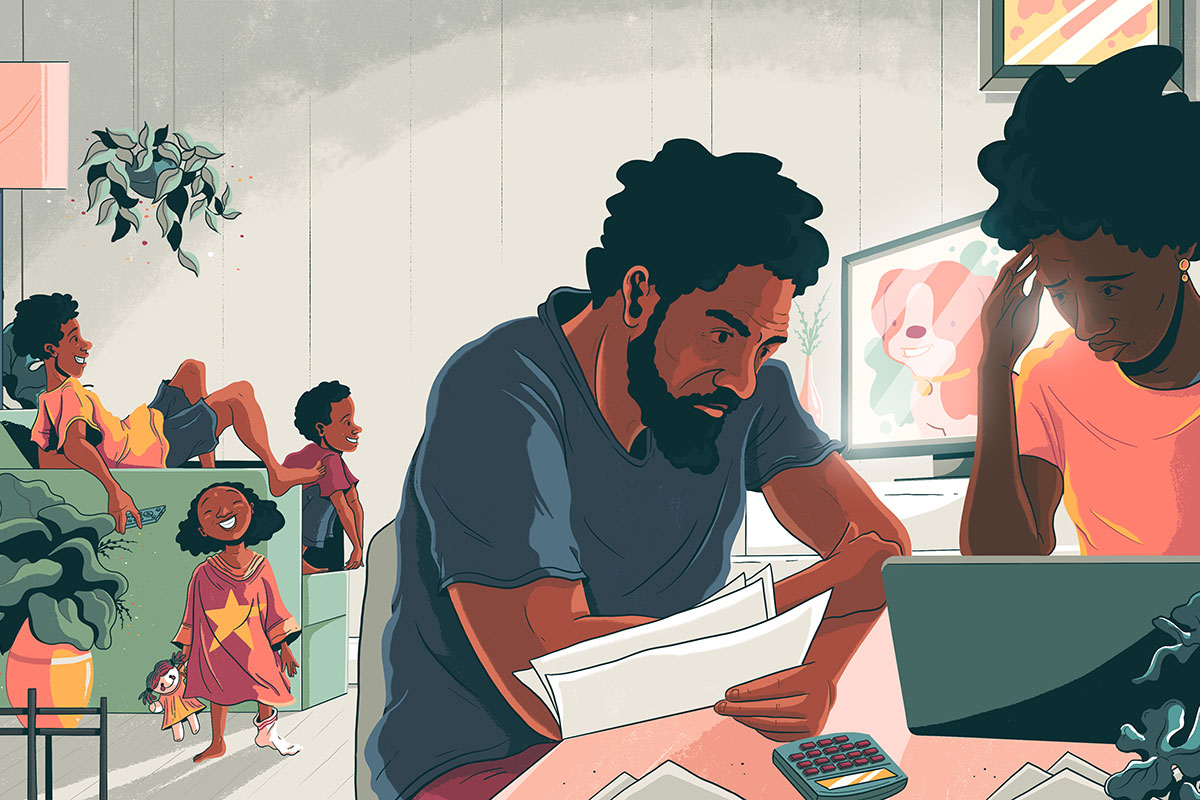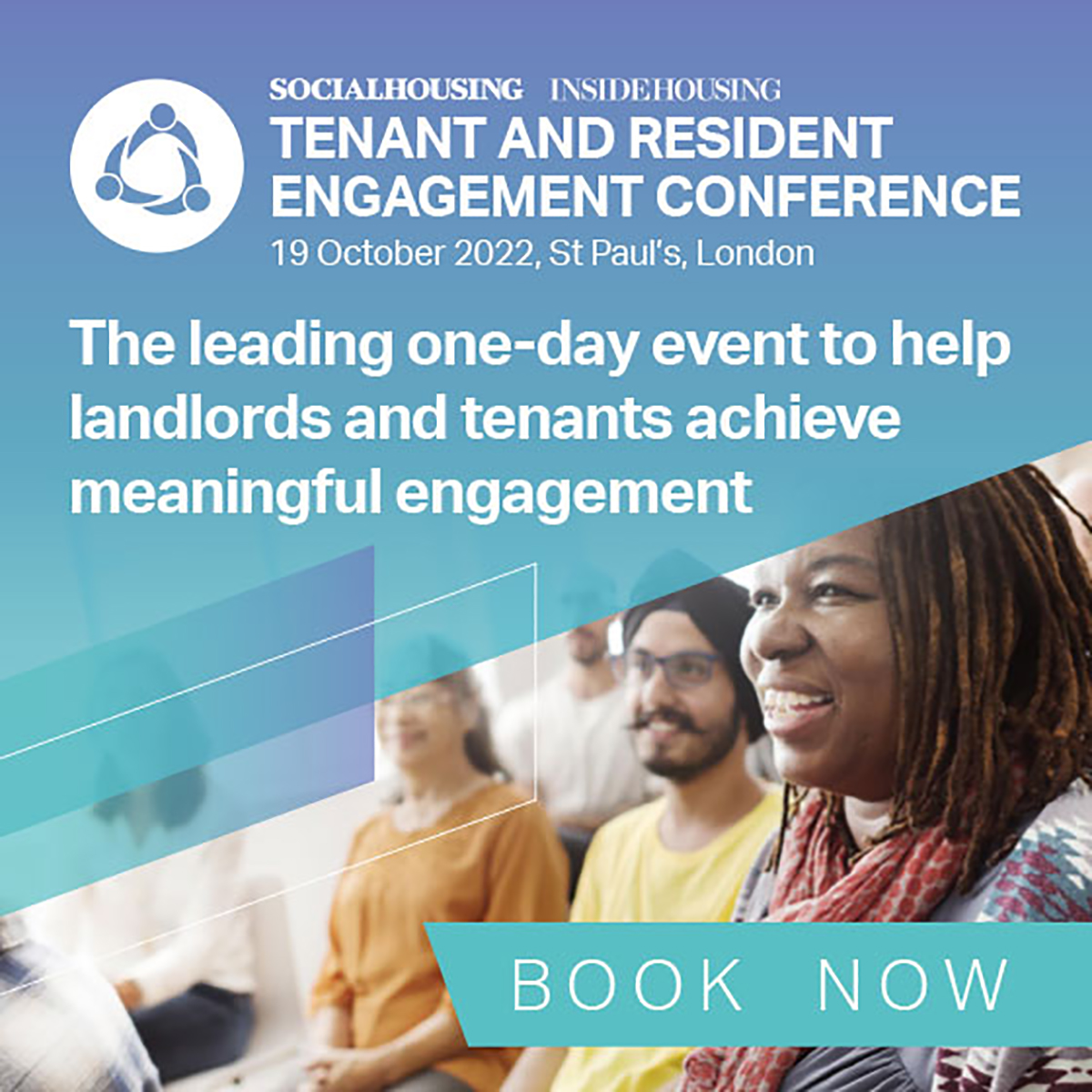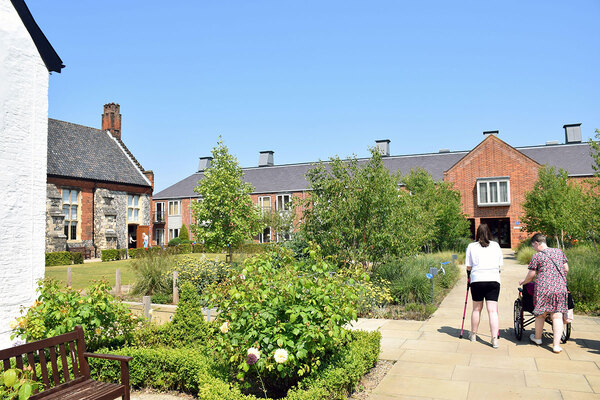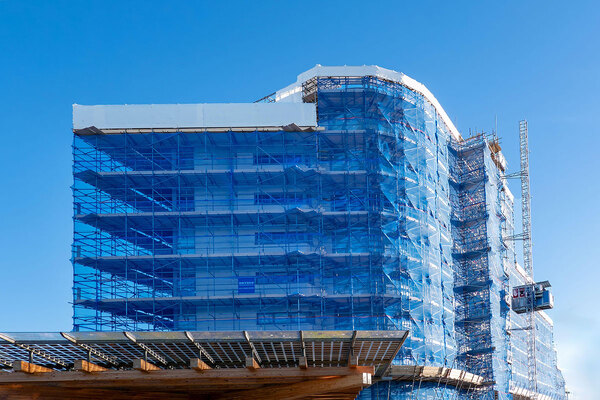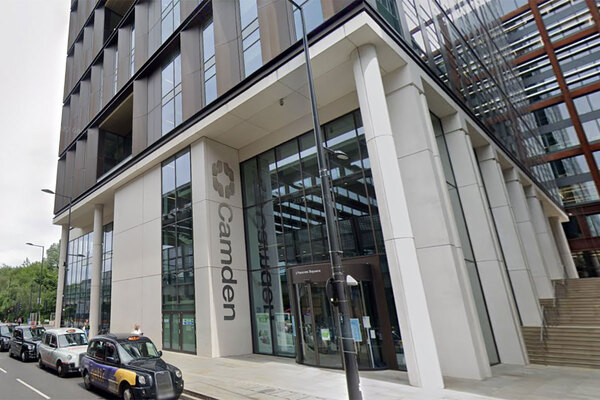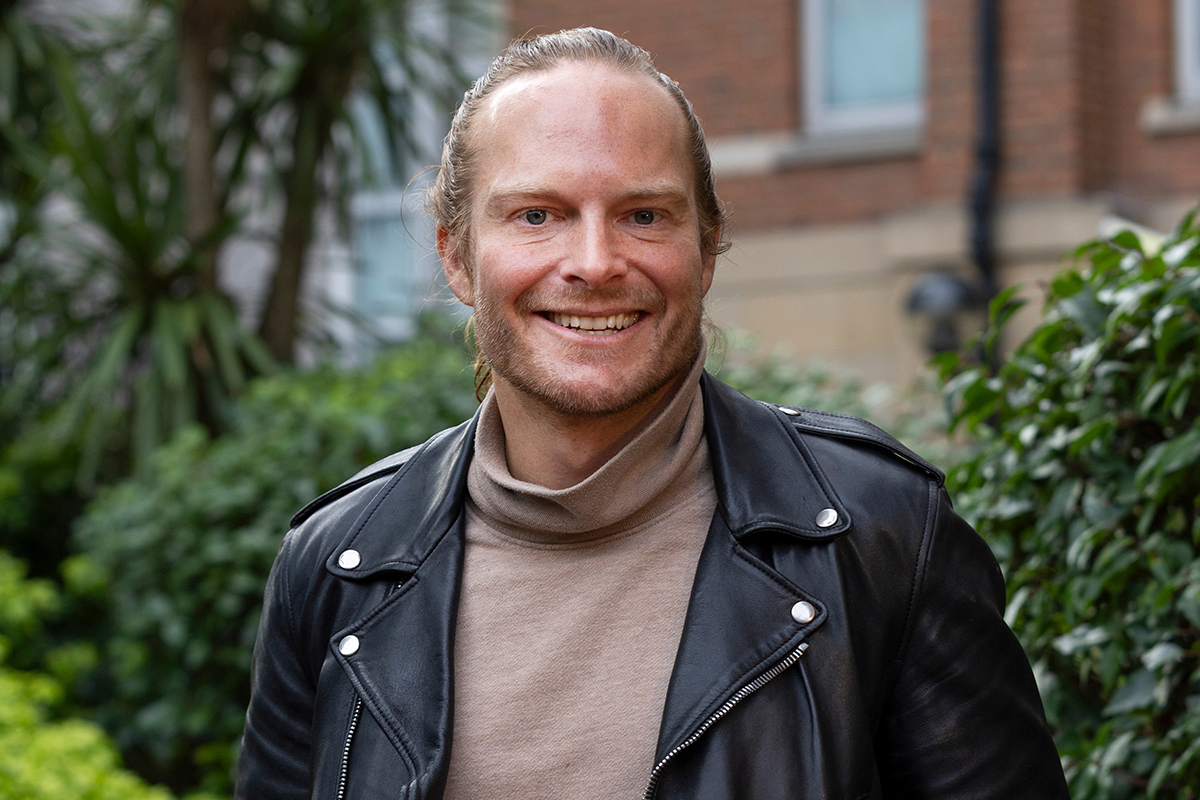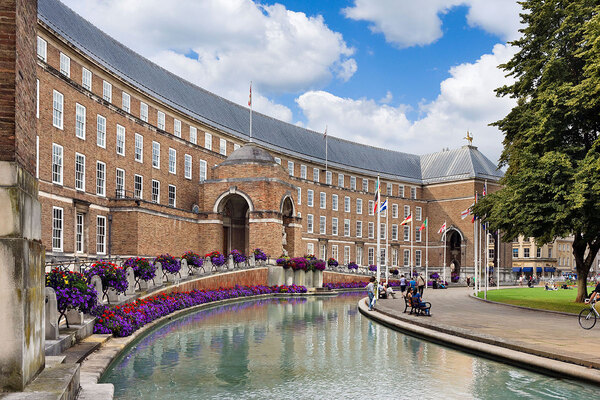
Dr Mercy Denedo, Durham University Business School, and Dr Amanze Ejiogu, University of Leicester
The changes needed to tackle stigma in social housing need to happen at a policy level as well as among landlords
The stigmatisation of social housing is a deep-rooted problem. It can only be solved by a collective effort made by politicians, the media, housing providers, advocacy groups, professional and tenants’ bodies, social housing tenants and wider society, write Dr Mercy Denedo and Dr Amanze Ejiogu
The stigmatisation of social housing and its tenants is not new. In our research report, published in July 2021 and summarised here, we explored how social housing came to be stigmatised, how stigma is experienced by tenants, and what was being done to challenge stigma.
We concluded that stigma in social housing is deeply rooted in society and its prevention or eradication would require a sustained, deliberate and collective programme of engagement by a broad range of stakeholders and policymakers.
As a first step in this direction, we invited diverse stakeholders including policymakers, housing providers, advocacy groups, trade and professional bodies, and social housing residents among others to respond to issues raised by our study by providing their perspectives on the following set of questions:
- What should the purpose of social housing be?
- Should access to affordable housing be recognised as a fundamental human right and who should have access to it?
- How can we encourage politicians to limit/stop their use of stigmatising language and rhetoric in relation to social housing?
- How can we encourage the media to be more balanced and fairer in their reporting of social housing?
- How can we create a stronger and more effective tenant voice at the local and national levels?
- How can we make social housing providers more accountable to tenants?
- How can we build a sustainable and inclusive social housing system devoid of stigma?
Responses were received from social and council housing tenants/residents, local council, professional and trade bodies, policymakers, housing associations, housing professionals, executive and board members, advocacy groups and tenant representative bodies.
Our analysis of the responses to the consultation led to another report, titled Stigma and Social Housing in England: feedback on the consultation responses, and a policy briefing titled Reducing social housing stigma in England: recommendations for the housing sector.
In this article, we wish to focus on a few of the key issues from the consultation report.
First is how housing should be viewed – as a right or something else? The approach taken by the government and dominant in society is to view housing – particularly ownership of housing – as a privilege, an investment, a symbol of wealth and prosperity. Thus, we end up with a housing hierarchy with homeless people at the bottom of the ladder, closely followed by those in social housing.
The narrative is that as individuals move upwards in terms of wealth and social status, they move up the ‘housing ladder’ to, ultimately, homeownership. This has inevitably led to the stigmatisation of those at the bottom of the ‘ladder’, ie homeless people and those in social housing.
Overwhelmingly, our respondents point at the need for a radical shift away from this paradigm to one in which adequate housing is considered a basic and fundamental human right.
Taking a rights-based approach to housing has significant implications. It means placing a responsibility on the government and society more broadly to provide adequate housing for all. This would entail a significant investment in housing stock as well as a move away from maintaining homeownership as the central focus of housing policy to a system that views renting and other tenures as equally valuable.
“The fact that this power imbalance results in the stigmatisation of tenants by landlords and the provision of substandard services is also not new”
Indeed, until we begin to view adequate housing as a right and invest in building more high-quality social homes, we will continue to see the entrenchment of stigma, poverty and inequalities that disproportionately affect certain groups, including people from BAME communities, single parents, care leavers and people with disabilities.
This will also continue to impact the huge numbers of children and families who are living in harmful, inappropriate and temporary accommodation.
Second is the accountability of housing providers to their tenants. The power imbalance between landlords and tenants is not new and has previously been highlighted prominently in the Social Housing Green Paper. The fact that this power imbalance results in the stigmatisation of tenants by landlords and the provision of substandard services is also not new.
An ITV News series on social housing and the social media campaigns by activists like Kwajo Tweneboa have brought this issue more into the public view. Our respondents were keen to point out that what is needed is not only visibility, but a shift in how housing associations are held accountable.
We need action to move away from the organisational culture that excludes or marginalises social housing tenants and into a democratic structure that puts some power back in the hands of the tenants. For providers, this could include tying executive compensation more closely to performance to prompt better service delivery and tenant satisfaction, as well as stronger tenant involvement in governance, landlords’ decision-making and regulating the sector.
Indeed, there was a sense that while the new policy direction on regulating the consumer standards is welcome, it does not go far enough. Tenants need to have a stronger voice and greater input into the co-regulatory arrangement in the sector.
Third is the absence of a genuine tenant voice at the local, regional and national levels – something which our initial report highlighted as a contributor to ongoing stigma.
Participants noted that the lack of an effective voice means that tenants do not have the power, mechanisms, resources or structure to lobby, challenge or help steer housing policies and regulations. Nor are they able to effectively demand accountability from the housing providers.
In this consultation, our respondents overwhelmingly emphasised that this lack of tenants’ voice at the local, regional and national levels needs to change. Tenants need to be acknowledged as experts in their own experiences and be listened to as such. This type of consultancy, teamed with a genuine commitment to acting on what the tenants say, can be a powerful motivator for change, as opposed to consulting simply to tick a box.
“What is desperately needed is a culture change that puts the tenant at the core of what the organisation is about”
While the idea of a stronger tenant voice is not a new one, there is currently inadequate will on the part of policymakers and landlords to take any meaningful action in this direction, as this would mean putting more power in the hands of the tenants.
The Social Housing Quality Resident Panel is a case in point. While it gives the appearance of listening to tenants, in fact it does very little in challenging the status quo. The panel meets only three times a year and can deliberate only on a limited agenda set for it.
What is required now is an autonomous tenant focus, led and managed body that can speak for tenants at all levels – national, regional and local.
The changes needed to tackle stigma in social housing need to happen at a policy level as well as among landlords and providers. What is desperately needed is a culture change that puts the tenant at the core of what the organisation is about.
This means ensuring meaningful tenant participation at all stages of the decision-making process and enhancing service delivery to promptly meet the needs of the tenants. Vitally, it means embedding stigma consciousness into the DNA of organisations, much like what was done for value for money at the behest of the regulator.
For this to happen, we need a collective consensus. A deliberate effort made by all stakeholders at the same time, including politicians, the media, housing providers, advocacy groups, professional and tenants’ bodies, social housing tenants and wider society to address the deep-rooted inequalities that result in the stigmatisation of social housing and its tenants.
We are happy to receive enquiries via stigmaconsultation@gmail.com.
Dr Mercy Denedo, assistant professor in accounting, Durham University Business School; and Dr Amanze Ejiogu, senior lecturer in accounting, Newcastle University
Sign up for the IH long read bulletin
Already have an account? Click here to manage your newsletters
Sign up to the Tenant and Resident Engagement Conference
Join us at this leading one-day event designed to help landlords and tenants achieve meaningful engagement following the Social Housing White Paper sector reforms, covering culture change, co-production and how to engage tenants on climate change, building safety, disrepair and more.
There is a free tenant place for every delegate pass booked by a landlord.
To view the agenda and book your delegate pass, click here.
